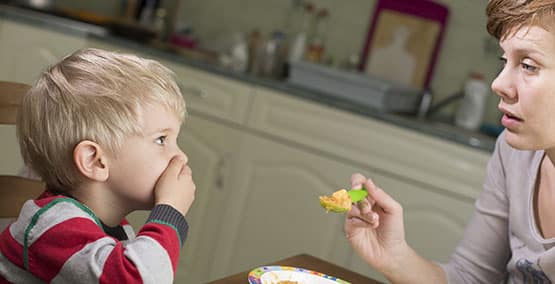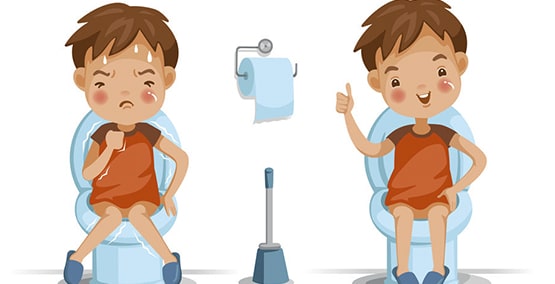
When vegetables are villains and fruits are foes
The rare occasion that produce is not your friend
-Fruits and vegetables are usually the heroes of any well balanced diet. A daily five fistfuls of these whole foods can improve overall health, wellness, and digestion. However, in some rare cases, a lot of fruits and veggies can actually do more harm than good!
Here are some examples of when fruit and vegetable consumption should be limited or stopped.
Attack of the Allergies
If your child has allergies to certain foods (like strawberries, pineapple, corn, eggplants, tomatoes etc.) they can be very dangerous to eat. Of course, this doesn't mean you have to avoid all fruits and veggies. Your allergist may suggest your child avoid certain food families if your child has a reaction to one of the foods in the group.
Families of Fruit and Vegetable Allergies:
- Birch Pollen Fruits: apple, apricot, cherry, kiwi, peach, pear, and plum
- Citrus Fruits: pineapple, orange, grapefruit lemons
- Nightshade Plants: tomatoes, eggplant, peppers, potatoes
- The All American: bananas, strawberries, avocado

Diabolical Digestion
Sometimes, tummies hurt after eating, but it's hard to know exactly why. If you or your child is constantly suffering from gas, bloating, or inconsistent bowel movements, certain fruits and veggies could be the culprit. There is a group of foods that are high in fermentable sugars (FODMAPS) that can give many people digestive issues. Temporarily eliminating the fruits and vegetables from your diet can help determine which groups cause you the most digestive discomfort.
Note: Low FODMAP diets should be done under the supervision of a dietician to prevent potential nutrient deficiencies. Talk to your healthcare provider beforehand to determine if this is the best option for your symptoms.
Irritating Intestinal Inflammation
In IBD (Inflammatory Bowel Disease), the intestines are irritated and inflamed. The high fiber of fruits and vegetables can irritate the inflammation and cause bleeding and or even a blockage. Therefore, fruits and vegetables should only be eaten well cooked and/or pureed until symptoms subside. If you or your child has IBD, refer to our sister site Nutrition4IBD.com to learn more about managing your disease.
The Fussy Baby or Toddler
When your baby is fussy and you're breastfeeding, certain foods in your diet could be causing your baby extra gas. Try eliminating asparagus, broccoli, Brussels sprouts, cabbage, cauliflower, celery, onions, and peas (as well as spices and gassy drinks (sodas, beer, champagne} If your baby or toddler is experiencing similar symptoms, with discomfort, bloating and gas, you can eliminate those same foods in their diet. You may also consider reducing some sugars and possibly lactose as well.
If your child is constipated, apples and bananas could be making that worse. In this case, you can increase vegetables and switch to other fruits that can provide more regular, softer bowel movements.
Bottom line
While fruits and vegetables are an essential part of a healthy diet, in special cases, they can do more harm than good. Examples include: allergies, digestive issues, and intestinal inflammation.




